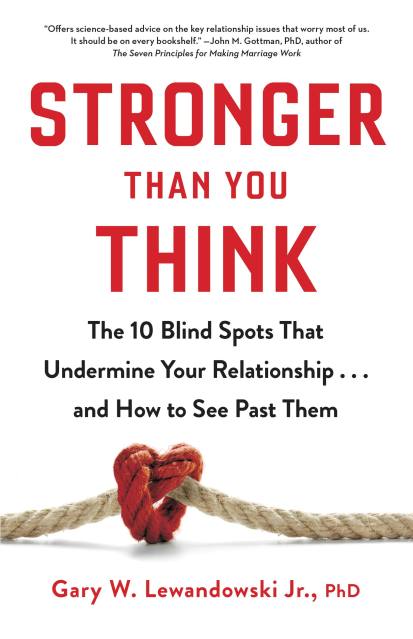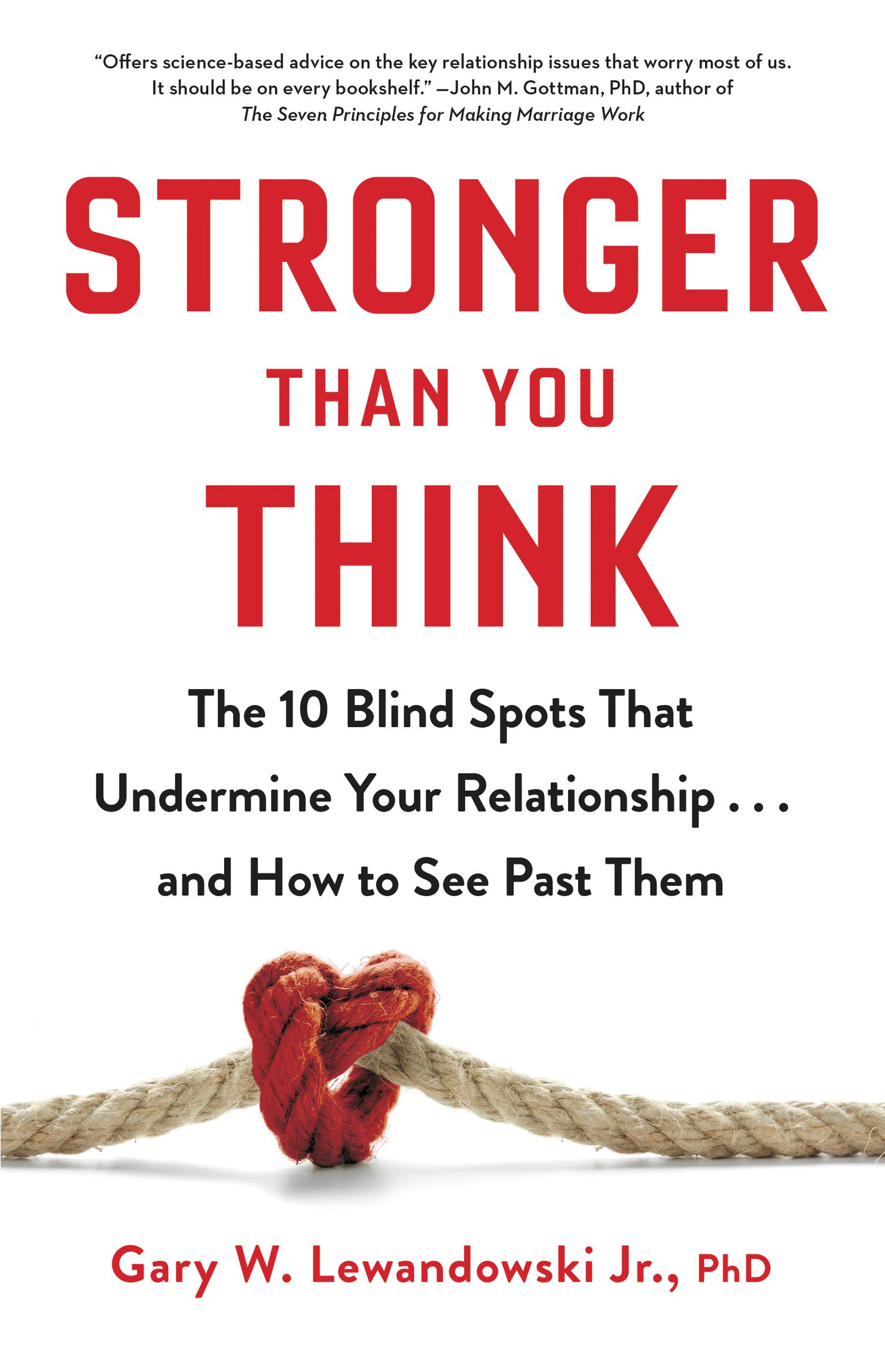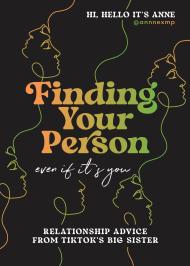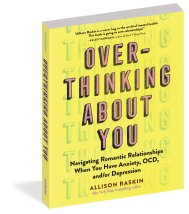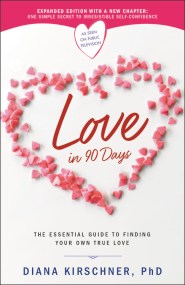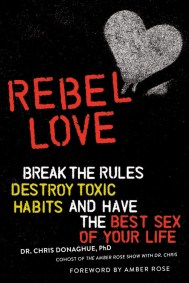Promotion
Use code MOM24 for 20% off site wide + free shipping over $45
Stronger Than You Think
The 10 Blind Spots That Undermine Your Relationship...and How to See Past Them
Contributors
Formats and Prices
Price
$14.99Price
$19.99 CADFormat
Format:
- ebook $14.99 $19.99 CAD
- Hardcover $28.00 $35.00 CAD
- Audiobook Download (Unabridged) $24.99
This item is a preorder. Your payment method will be charged immediately, and the product is expected to ship on or around February 9, 2021. This date is subject to change due to shipping delays beyond our control.
Also available from:
Dr. Gary W. Lewandowski Jr. is a nationally recognized expert on the psychology of relationships. In his first book, he blends hot-off-the-press science, engaging writing, impactful examples, and fascinating stories to present an impressive range of refreshing and eye-opening set of insights. For instance, did you know that . . .
- To forecast your relationship's future, you are the worst person to ask.
- Men are the real romantics in heterosexual relationships, not women.
- The amount of sex you should have to keep your relationship going strong is lower than you think.
- It's okay to be selfish. Putting me before you, can help both of you.
- When it comes to closeness, you can have too much of a good thing.
- Struggles actually strengthen your relationship.
- In terms of partner support, what you’re not seeing is more important than what you notice.
- When your relationship doesn't help you become a better person, ending it does.
Genre:
-
"I really enjoyed reading Stronger Than you Think. It offers science-based advice on the key relationship issues that worry most of us. It should be on every bookshelf."John Gottman, author of The Seven Principles for Making Marriage Work
-
“Scientists have been exposing humanity’s blind spots for centuries. In Stronger Than You Think, Gary Lewandowski leverages the tools of science to reveal our blind spots about love, offering an essential roadmap for cultivating an exquisite relationship.”Eli J. Finkel, author of The All-or-Nothing Marriage
-
“Stronger Than You Think identifies the common blind spots that mold and sabotage your love relationship, and then helps you fix them—all backed by science and good research! After reading this book, you’ll become more knowledgeable, prepared, confident, and perceptive about your own relationship.”Terri Orbuch, PhD, author of 5 Simple Steps to Take Your Marriage from Good to Great
-
“Stronger Than You Think is a captivating, intelligent book that shows you how to strengthen your relationships and steer clear of common pitfalls. Dr. Lewandowski translates his vast knowledge of relationship research into clear, relevant advice that will leave you feeling enlightened and more confident about how to navigate the complexities of romantic love.”Ty Tashiro, PhD, author of The Science of Happily Ever After
-
“Whether you’re already in a relationship or looking for one, Stronger Than You Think is a must-read. Lewandowski masterfully distills the science of relationships in an informative and engaging fashion that will change everything you thought you knew about love and set you on the path to long-term happiness and success.”Justin Lehmiller, PhD, research fellow at The Kinsey Institute and author of Tell Me What You Want
- On Sale
- Feb 9, 2021
- Page Count
- 304 pages
- Publisher
- Little Brown Spark
- ISBN-13
- 9780316454704
Newsletter Signup
By clicking ‘Sign Up,’ I acknowledge that I have read and agree to Hachette Book Group’s Privacy Policy and Terms of Use
